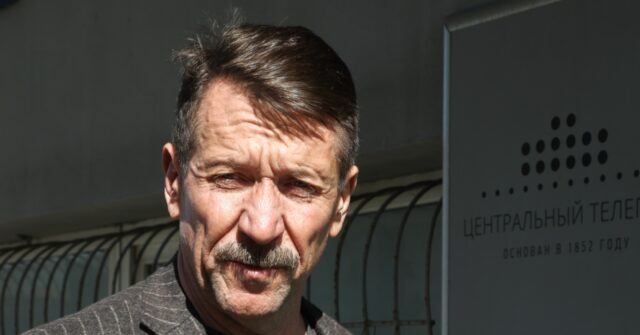Viktor Bout, the notorious Russian arms dealer known as the “Merchant of Death,” has resurfaced in the arms trade landscape just two years after his highly publicized prisoner exchange for WNBA player Brittney Griner in December 2022. The deal saw him released from a 25-year sentence in the U.S. for illegal arms dealing, igniting a heated debate regarding the implications of such a swap. Critics of President Joe Biden’s administration expressed concerns over the potential consequences of releasing someone with Bout’s extensive criminal background, which they fear might enable further international destabilization or increased arms proliferation to hostile entities.
During the negotiations, the Biden administration posited that Bout, having been incarcerated for years, no longer posed a tangible threat to U.S. national security. This assertion, however, was met with skepticism from various analysts. For instance, Samuel Ramani of the Royal United Services Institute raised apprehensions about the possible ramifications of Bout’s release, suggesting that this “amoral character” might reestablish ties with terrorist organizations or sophisticated arms networks, potentially making him a considerable threat in the future. This sentiment was echoed by John Hardie from the Foundation for Defense of Democracies, who warned that the precedent set by the prisoner swap could incentivize hostile nations like Russia to take American hostages, believing they could leverage them for their own ends in the future.
Recent reports indicate that Bout is indeed back in the arms dealing business, reportedly involved in negotiating arms sales to Yemen’s Iran-backed Houthi militants. The Wall Street Journal cites multiple sources indicating that Bout was present during discussions between Houthi representatives and Russian arms dealers in Moscow, where the Houthi emissaries sought to secure around $10 million worth of automatic weapons. These transactions mark a significant pivot, considering the geopolitical context, though they fall short of the more advanced weaponry that could pose direct threats to U.S. military interests in the region.
Despite the unsettling nature of this development, it is crucial to note that the arms deliveries have not yet been confirmed, and the reported deals revolve around small arms instead of more sophisticated munitions such as anti-ship or anti-air missiles. Nevertheless, the Biden administration remains vigilant, given prior intelligence that indicated Russia might utilize Bout for orchestrating advanced arms sales to the Houthis as retaliation against U.S. support for Ukraine. However, the absence of concrete evidence linking Bout to such severe arms transfers currently raises questions about the actual magnitude of the risk he might represent.
One noteworthy perspective comes from Steve Zissou, Bout’s former attorney, who contended that although Bout has distanced himself from arms transportation for over two decades, his potential reinstatement in facilitating arms sales remains troubling. Zissou compares any authorized arms dealings Bout might engage in with gestures by the U.S. government, wherein it provides weapons to its allies, likening such activities to the complex moral and strategic dilemmas faced by various nations in the contemporary arms marketplace. His remarks open a broader discussion about the ethical implications of arms trading, especially when juxtaposed against national security interests and the repercussions of diplomatic decision-making.
The unfolding narrative surrounding Viktor Bout exemplifies the challenges facing the Biden administration in navigating delicate international relations — particularly with Russia — while maintaining a consistent stance on countering arms proliferation and extremist influences. As developments regarding Bout’s activities continue to emerge, monitoring the implications of his return to arms dealing will be critical for understanding the future of U.S. foreign policy and security considerations in regions characterized by ongoing conflict and instability. The apprehensions related to Bout’s potential role in global arms trafficking underscore the broader geopolitical chess game where the stakes remain high, with implications that could reverberate across multiple fronts in international diplomacy and security.

